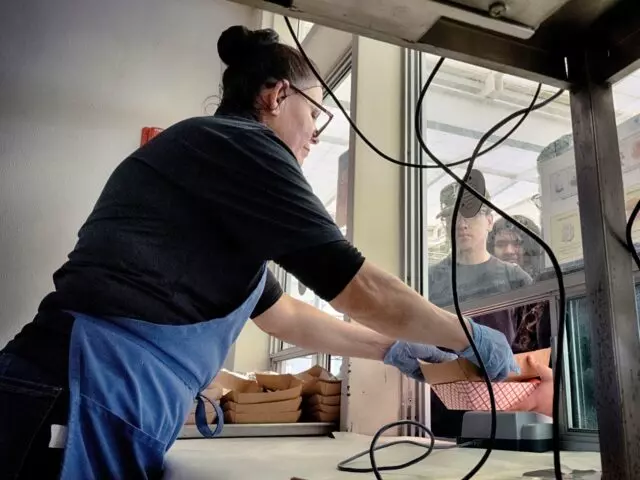The impact of California’s minimum wage hike to $20 has reportedly led to the loss of approximately 10,000 jobs in the fast food industry. Governor Gavin Newsom (D) signed California Assembly Bill 1228 into law last year, which resulted in the increased wage going into effect on April 1st. The California Business and Industrial Alliance (CABIA) has claimed that these measures have had a devastating effect on the fast food industry, as businesses have been forced to let go of workers, raise prices and, in some cases, shut down stores.
In an effort to highlight the unintended consequences of this legislation, CABIA took out an ad in Thursday’s statewide edition of USA Today featuring “obituaries” for popular fast food brands. The ad underscores how multiple restaurants have had to raise their prices and lay off workers in order to stay afloat financially. News clips are also featured, documenting the changes made by companies like El Pollo Loco, Subway and Burger King across the state of California.
CABIA president and founder Tom Manzo told Fox Business that the fast food industry has been under attack for years, with this law only adding further jeopardy to businesses in the state. To counteract the increased wages, several restaurant chains such as McDonald’s, Burger King, and In-N-Out Burger have raised their prices.
A California McDonald’s franchisee criticized Newsom’s minimum wage law back in March, saying that if menu items were scaled to the updated wages, they would become “unaffordable.” The New York Post reported that fast food prices in California increased during the six-month period before the state mandated the $20 minimum wage.
In response to the hike, Harsh Ghai, a fast food franchisee in California, explained that he was rushing to install kiosks at his restaurants to save money as the $20 minimum wage took effect. He mentioned cutting employee hours, eliminating overtime, delaying the opening of additional locations and deploying kiosks to offset the increased wages.
The situation highlights how businesses are struggling to adjust to new labor costs and may lead to further consequences for workers, customers and the economy as a whole.

